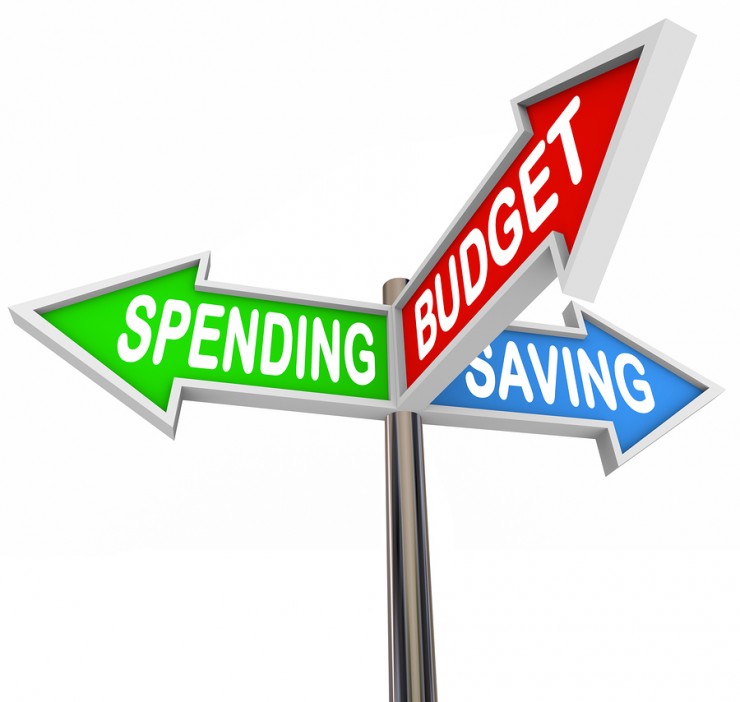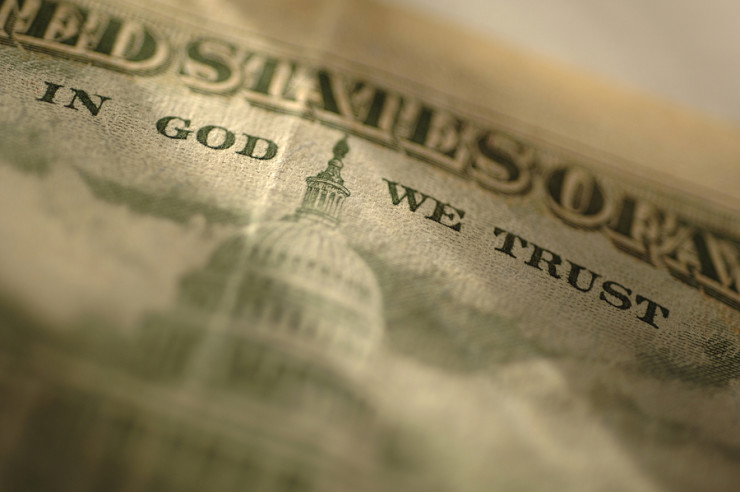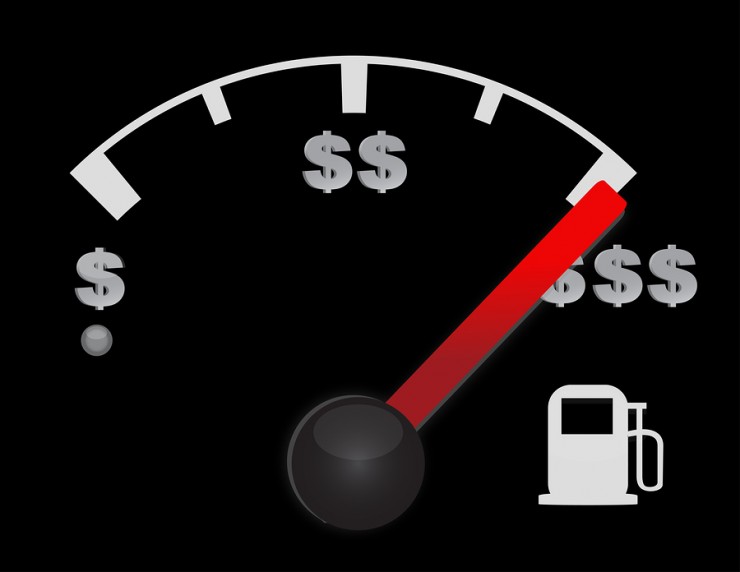We spend a lot of time talking about ways to make and stick to an honest budget. Here are five ways to wreck that budget—and possibly your entire financial life—in record time.
Ignore It
A budget is worthless if you don’t follow it. To ensure financial misery, hide the budget from everyone in your household, including yourself. Make sure no one is clear on exactly how much money should be spent on various categories like groceries, entertainment and birthday gifts for friends or relatives. If you happen to remember the correct budget for a certain area (such as eating out), treat it as a mere guideline and come up with great excuses for spending more than you budgeted.
A person without self-control is like a house with its doors and windows knocked out (Proverbs 25:28, The Message).

Never Say ‘No’
Your college friends want to hold a reunion weekend in Las Vegas. Your church small group is planning to go out for Sunday brunch at an expensive restaurant. Your daughter is begging you for a new iPad. Say “yes” to everything. Be a people-pleaser at all costs. Dip into your savings to take a vacation, and chip away at your debt payment to buy that expensive wedding gift for the out-of-state wedding that’s going to cost you a bundle. Put vacations, clothes, tech toys and other people’s opinions of you first. Worry about the budget later.
Keep your lives free from the love of money and be content with what you have, because God has said, “Never will I leave you; never will I forsake you” (Hebrews 13:5, NIV).
Keep Swiping That Plastic
You don’t get paid until Friday, but it was a long, rough Monday and you deserve a treat. Go ahead and buy it. Even though the money isn’t in your checking account yet and the budget is tight, you’ll figure it out later. A few dollars on the credit card won’t hurt anyone. (For maximum budget-wrecking, repeat this process Tuesday-Friday and fail to immediately pay off the balance).
The prudent see danger and take refuge, but the simple keep going and pay the penalty (Proverbs 27:12, NIV).
Live At or Above Your Means
Buy that sleek-but-gas-guzzling SUV that so many of your neighbors are driving. Spend every penny you earn and make only the minimum payments on your debt. Pick the biggest house you can afford—the one with the monthly payment that’s equivalent to 40 percent of your income. You’ll face near-instantaneous foreclosure if you or your spouse loses a job, but that’ll never happen to you. That only happens to other people.
Is there anyone here who, planning to build a new house, doesn’t first sit down and figure the cost so you’ll know if you can complete it? If you only get the foundation laid and then run out of money, you’re going to look pretty foolish. Everyone passing by will poke fun at you: ‘He started something he couldn’t finish.’ (Luke 14:28-30, The Message).
Refuse to Ask for Help
Buy into the lie that you are alone in your financial struggles and no one would ever understand what you’re going through. Let pride dictate your decisions. Even though bill collectors are blowing up your phone and you’re trying to decide between the mortgage and the electric bill, you can handle this. Believe that the same thinking that got you into debt will somehow get you out of it.
Plans fail for lack of counsel, but with many advisers they succeed (Proverbs 15:22, NIV).
If any of the above scenarios sounds all too familiar, now is the time to take action and change your ways. In particular, if the last paragraph hits home, consider requesting a free consultation from FaithWorks Financial to learn about our Christian debt relief programs. There is always hope, and there really are compassionate people who can help point you in the right direction.





 If giving up candy for 40 days works for you, keep it up. However, if your Lent sacrifice has become routine and expected—or if you’ve never tried giving something up for Lent—perhaps you should consider doing something a little different this year, like making a sacrifice that hits your wallet more than your waistline.
If giving up candy for 40 days works for you, keep it up. However, if your Lent sacrifice has become routine and expected—or if you’ve never tried giving something up for Lent—perhaps you should consider doing something a little different this year, like making a sacrifice that hits your wallet more than your waistline.


 Nothing
Nothing 

 The most basic of energy saving techniques also happens to be the one most people have the least faith in. Do you really believe that one closest light burning all day affects your electrical bill?
The most basic of energy saving techniques also happens to be the one most people have the least faith in. Do you really believe that one closest light burning all day affects your electrical bill? 

 Perhaps you’re aiming much lower than that, and you’d be happy to win the smallest prize of just $4. Your odds are still not great: 1 in 55. And if you spend $2 per ticket and it takes you 55 tries to win, are you really winning after all? You just paid $110 to win 4 bucks.
Perhaps you’re aiming much lower than that, and you’d be happy to win the smallest prize of just $4. Your odds are still not great: 1 in 55. And if you spend $2 per ticket and it takes you 55 tries to win, are you really winning after all? You just paid $110 to win 4 bucks.




